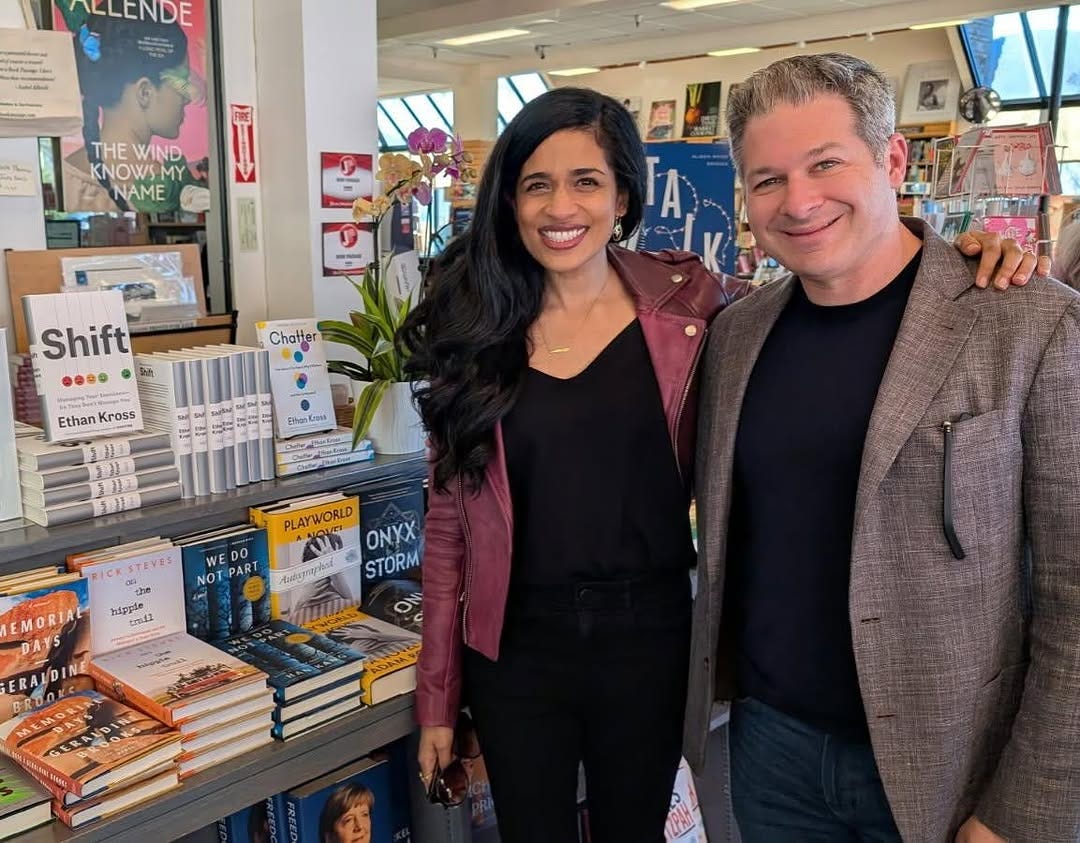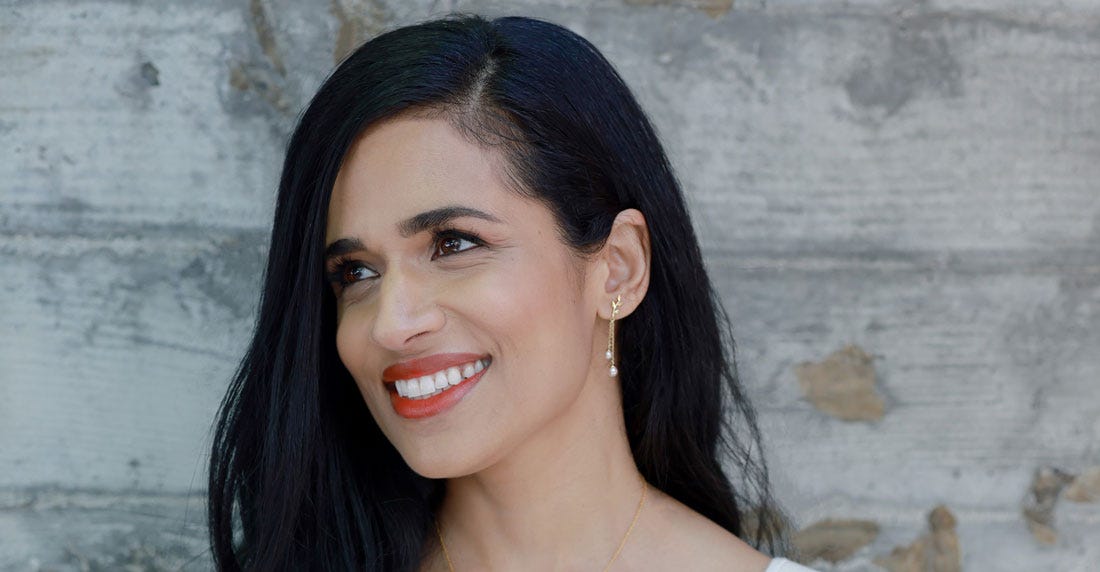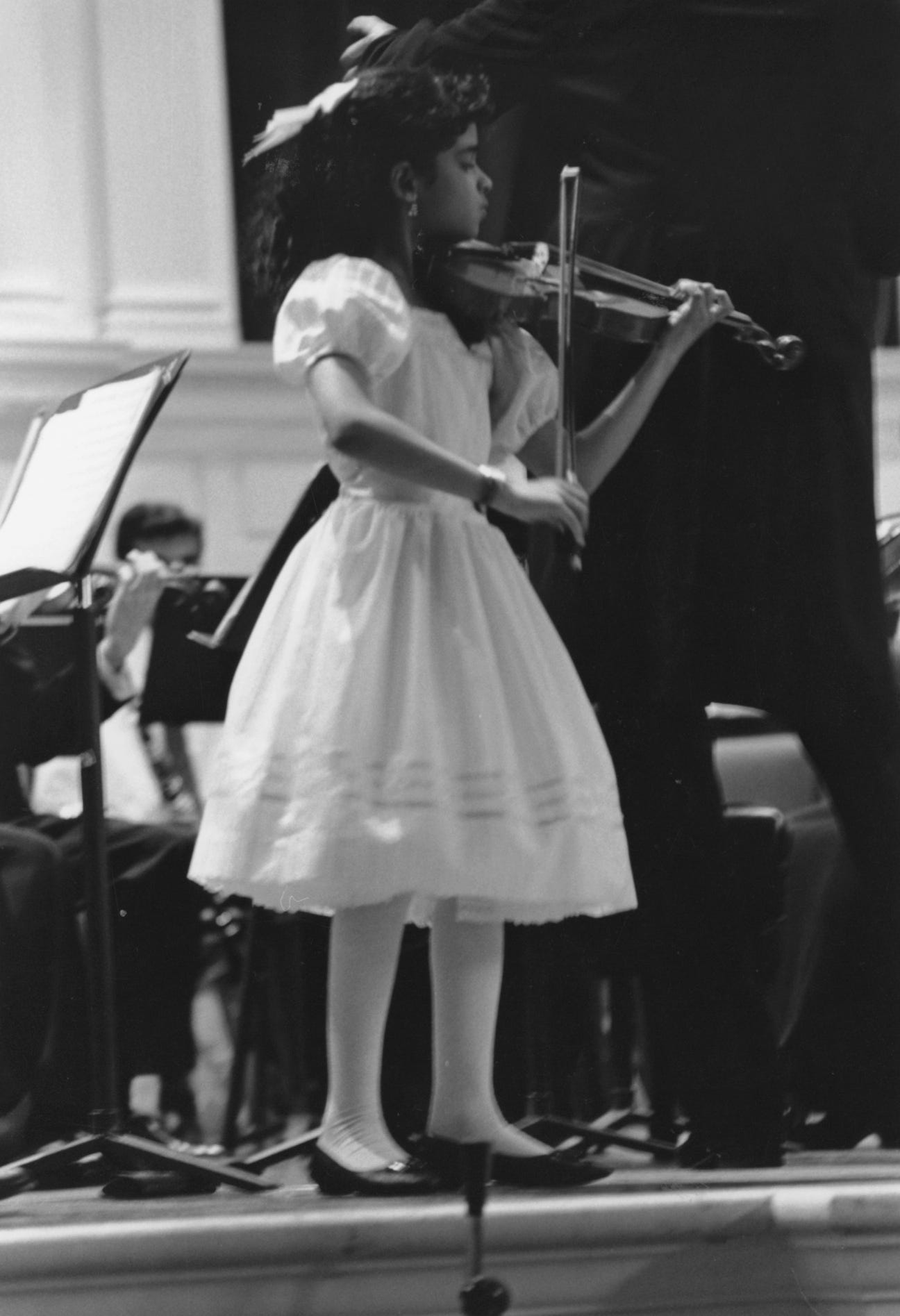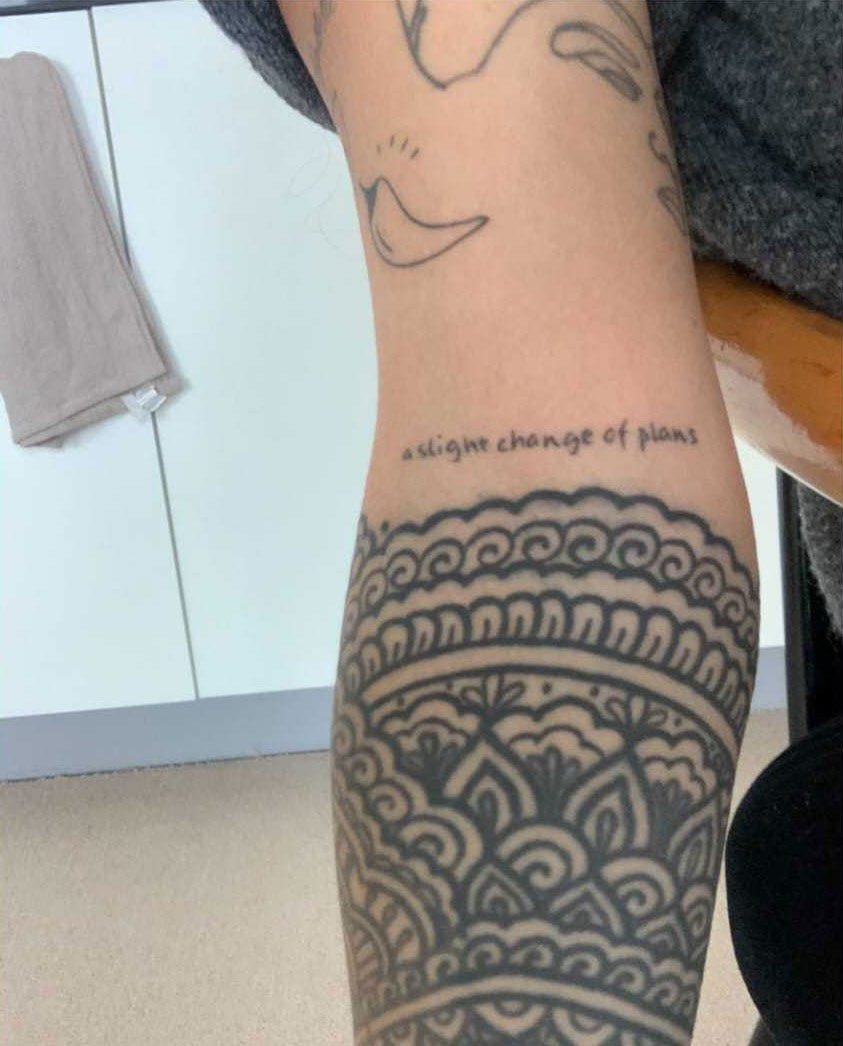Hey friends!
Welcome to the first edition of Change. This is a free newsletter for anyone who is grappling with the messy and frightening experience of upheaval in their lives. It’s also for those who are trying to make sense of a past change or are anxious about a future one. So yeah… most of us, right? :)
I’m thrilled to bring you the latest relevant science, personal reflections, resources, and stories every other week (and sometimes more). I hope you’ll subscribe to join me in this new adventure and help us build a community around change.
A bit about me: Some of you might know me as the creator and host of the podcast A Slight Change of Plans, which combines science and storytelling to give us a more universal understanding of the experience of change, as well as strategies we can use to better navigate it. It’s a show about how even the worst moments in our lives give us a rare opportunity to uncover aspects of who we are. In doing so, we can begin to unlock our full potential—whether it’s new capabilities, perspectives, or philosophies. Who can we become when life makes other plans for us?
The perspective I bring to the show is shaped largely by two parts of my experience:
I’m a cognitive scientist who’s spent the last two decades studying human behavior—from how we make decisions, to how we develop our attitudes and beliefs, to what motivates us in the face of failure. After finishing my graduate work, I’ve worked to apply those insights to real world problems at places like the White House and the United Nations. (You can listen to my TED talk or read this New Yorker profile for more about my work.)
My passion for change is also informed by a formative experience I had early on in my life. As a little kid, I had big dreams of becoming a professional violinist. I was accepted at Juilliard when I was nine, and a few years later, the renowned violinist Itzhak Perlman invited me to be his private student.
Everything was going to plan until one morning when I was 15. I was practicing a challenging passage and overstretched my finger while reaching for a single note. I heard a “pop.” After an unsuccessful surgery to repair my damaged tendons, doctors finally told me my dream of becoming a violinist was over. I was heartbroken. I wasn’t just losing something I loved, I was losing who I was.
It would be years before I learned that my grief was an expression of what psychologists call “identity foreclosure,” which is when we prematurely commit to a specific identity without fully exploring who else we can be. I had been a violinist and without that identity, I was unmoored.
More recently, I’ve been thinking about how I could have defined myself differently, so that the loss of the violin had been less destabilizing. When I reflected about what had made my relationship with the violin so special, I discovered that it wasn’t the instrument itself, but that it gave me a means of emotionally connecting with others. It was this underlying feature of music that I was most drawn to, that really lit me up. And so, even though I had lost the violin, I hadn’t lost what made me love it to begin with. I could feed my passion for human connection in new domains, and as it turns out, I have in much of what I’ve done since. By learning to anchor my identity not just to specific pursuits, but to what lights me up about those pursuits—to not just what I do, but why I do it—I’m slowly building an identity that is more resilient in the face of change. When life inevitably throws me another curveball, I can now lean on this more robust identity, using it as a guide to help me figure out my next steps.
I’ll share more about the aftermath of this change in a future post, but long story short: there is so much that I’ve learned about change from both the scientific research and from people’s stories that would’ve helped me envision a more positive and expansive future during the challenging pivots in my life. My hope with all of my work, including with this newsletter, is to help you slowly build a *change survival kit* that you can call upon to navigate these moments with a greater sense of ease and possibility.
On A Slight Change of Plans:
We kicked off 2025 with a compilation episode that features three science experts who offer wisdom about how to decrease rumination, manage stress, and cultivate self compassion. We then re-aired one of my favorite episodes on the science of motivation (“New Year, Old You?”) with my friend, the behavioral scientist, Katy Milkman! ( 👋Hi Katy!) Katy shares effective strategies we can use if we’re starting to slide on our New Year’s resolutions. I promise it’s not too late to get back on the wagon… I’ve personally used two of Katy’s techniques every day for the last three years and it’s made a massive difference in my goal pursuit.
Today, we released a new episode with
, a psychology professor at the University of Michigan, who returned to the show to talk about how we can escape from our emotional spirals. You can listen here.🧠 My TTT (Top Three Takeaways):
Emotions aren’t simply good or bad. They’re all signals that contain valuable information: envy might feel uncomfortable, but it can also give us clarity about our goals and motivate us to work harder. Regret can help us learn from our mistakes. That said, when our negative emotions become too intense and start to take over our lives, there are techniques we can use to turn down the volume. Ethan shares some of these “shifters” in our convo.
You don’t always have to confront your feelings head on. If you’ve heard that the only healthy way to process bad events is to persistently and fully engage with your negative emotions—to feel your feelings—then this is the episode for you! Research shows this simply isn’t true. Avoidance can be helpful, too. One popular study shows that being able to strategically vacillate between engaging with your negative emotions and avoiding them is associated with more resilience and better long-term outcomes.
If a bad thing happens to you and you’re rebounding well, you don’t need to worry that you’re going to “pay for it” someday. This is another pesky myth! As Ethan writes in his book: “If something doesn’t keep cropping up, there’s a good chance you’re not harboring some invisible wound that will fester and ruin your life decades down the road.”

✂️ Podcast Extra: My favorite nugget from the cutting room floor this week: I was both fascinated and horrified to get a history lesson from Ethan about medieval approaches to managing dysregulated emotions. One of the ideas floating around at the time was that people who suffered from severe emotional or mental issues had a bad spirit lurking within them. To release this spirit, people cracked holes in patients’ skulls—in a technique called trepanation—or used leeches to suck “toxins” from their brains. Whew! I’ve never been more grateful for advances in science.
✨ One good thing. Every week in our production meetings, our showrunner, Tyler, asks us to begin by sharing one good thing that’s happened to us lately. We need more of that energy right now! Here’s an epic “good thing” that a fan of the podcast sent me from the Netherlands. Someone tattooing “A Slight Change of Plans” on their arm was not on my bingo card of things that might happen in my life!
Ok here are your two prompts for the week:
What’s your “one good thing” that’s happened recently?
What are your whys – the underlying features of what you do that really light you up? Is it helping other people? Or getting better at a skill? Or being in nature? Or…?
Comment below on these prompts, and please make sure to subscribe to this free newsletter so you can receive future posts. And while you’re at it, please share what kind of content you’d like to see from me down the line. I’d love to hear from you.
Maya 💫






Maya, I am so glad you've decided to write on Substack! I first found you on Brené Brown's Podcast, Dare to Lead, in November 2021. I had just turned fifteen, and everything was changing crazily. Hearing you talk about finding courage amidst change was exactly what I needed!
I started listening to A Slight Change of Plans right after that and tuned into pretty much every episode! But there's one I'll remember for the rest of my life. It was late June 2022. I was out for a morning walk, and I tuned into your podcast episode, Losing Dixie. In it, you talked with Quinn Lewis about losing her 19-year-old sister. It shook me to the core, and I remember writing about it in my journal that night.
A month later...I lost my dad. To say that my world fell apart would be an understatement. I didn't know how to process grief. I was just fifteen after all, I didn't know this feeling. But having listened to that episode helped me more than anything else in that tough time. The lessons I'd gathered from your conversation with Quinn came back as flashes in the dead of night and gave me hope to carry on.
I'll always remember that episode, your calming voice, and how beautifully you explained the progression of grief. I listened to it again a fortnight after my father's passing, and it was exactly what I needed.
Thank you for starting A Slight Change of Plans and now this newsletter! As a writer and speaker, reading newsletters is one of my favorite activities, and I can't wait to read your next post.
And that's the ONE GOOD THING that happened recently—finding out about your newsletter.
Coming to my WHYs, I've always believed in empowering people and helping them find their potential. That's the purpose I wrote my first book, Explore The New YOU, with in 2020. Everything I do is a step towards creating empowerment and helping people make their big dreams their reality—with lessons I learn from my journey. That's what my Substack Newsletter, Intentions and Actions, is about too!
Once again, thank you so much for everything you've done! You're a hero!
I’m super excited!! Congrats Maya!